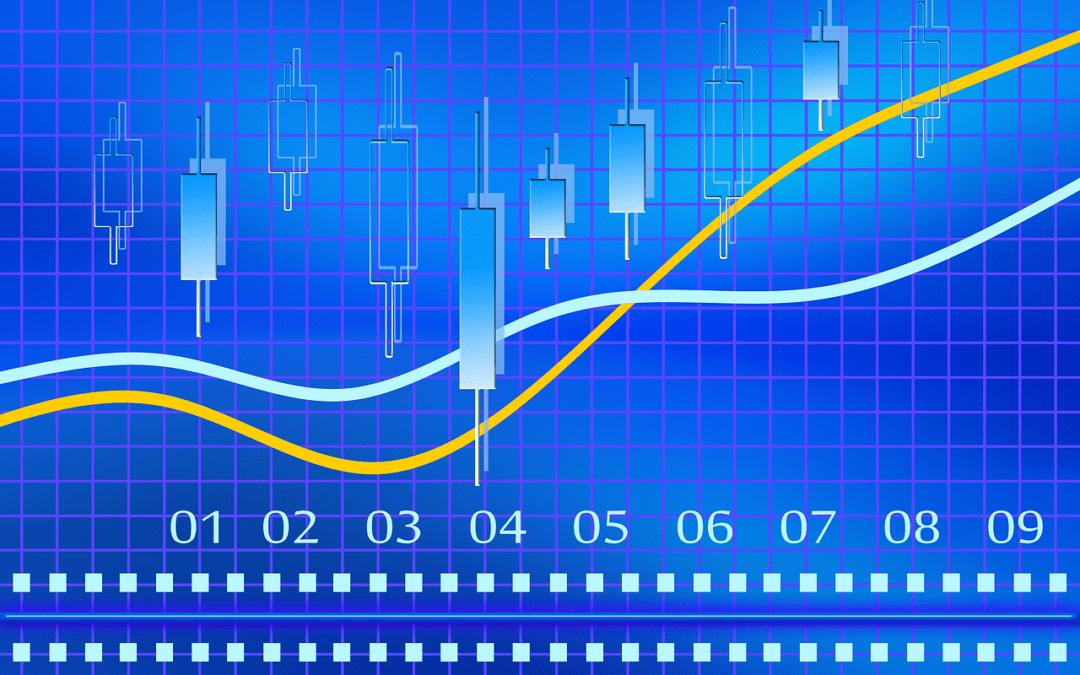Info 1: Trading session definition
Info 2: how trading session works
Info 3: trading session vs trading hours
Info 4: example for the trading session
Quick pick:
The time that allows for trading any kind of public securities in a distinct separate market is known as a trading session.
Opening information:
Trading sessions break into two words trading and session. Trading means buy and sell activities, session is a period of time. Trading session period of time for buy and sell.
This article contains information about what is trading session, how the trading session involved and impacts different kinds of markets in the whole public market, and what is the difference between the trading session vs trading hours, finally one brief example of a trading session.
Info 1: Trading session definition
Mr.Kithan is the owner of a newspaper printing business who has been doing this for almost more than 32 years.
However he uses the majority of the income to trade the stock, but his trading time is limited on each day, and his trading time is 9.00 a.m. to 4.00 p.m. because apart from this normal ordinary time market won’t allow him to trade because it’s closed.
But on the next, he would able to trade the stock at the same time as per the market schedule, so he had 7 hours each day to trade it.
Here the trading times that are allowed by the market from 9.00 clock to 6.00 of 7 hours, not the trading time that is traded by the Mr.kithan are known as trading sessions.
No matter what kind of public Securities any investor or trader would trade, each of the distinct securities would have different market time to trade limits which limits trading sessions for certain Markets. So let’s dive into how the trading session involved and impacts the public market.
Info 2: how trading session works
Trading session doesn’t represent any of the specific fixed time or object instead it’s time which would be allowed for trading the public market.
When comes to the public market it has different kinds of occupied markets such as the stock market, commodities market, bonds market, option market, currencies market, CFD market extra…
Supposedly if any of the markets are running without trading activities nonstop it’s had an infinite amount of trading sessions which means it could trade 24 hours a day and 7 days a week. Therefore each of the markets had different kinds of separate times for Investors and traders to trade it.
The stock market is allowed to trade from 9.30 am to 4.00 pm each day except Saturday and Sunday in the USA, but all over the world in different kinds of countries such as the UK, Canada, Singapore, India, Japan…
open trading session of the stock market is between a minimum of 8.30 A.m from maximum of 6.00 p.m. not more than that.
On the other hand, average commodities with derivatives market trading sessions would be a minimum of 8.00 a.m to 11.30 pm in some countries and maximize of Monday to Friday except Saturday and Sunday.
Bonds which are listed on the central stock exchange allow the average trading session all over the world from 7.30 a.m. to 7. p.m. in some countries but when comes to occupying the bonds including in the over-the-counter, the bond market has had an infinite number of trading sessions.
On the other hand, the Ferox Currencies market is world joined network from all the country’s central banks it’s had timing is from an average of Monday to Friday, and different kinds of trading sessions in Sydney, London, Tokyo,
New York is extra… So Saturday and Sunday alone are Considered a holiday all over the world in the forex trading session.
Most people confuse the trading session and trading hours, so let’s jump into the key differences in it anyway.
Info 3: trading session vs trading hours
Trading session refers to how much amount of time period would be allowed to trade in the market per day all over the world for all investors and traders.
On the other side, trading hours is the one which calculated based on how much amount of time would be used on each trade from the traders. To make more sense of the trading session, let’s look into one brief example below.
Info 4: example for the trading session
Say you and your family sister are traders but in a different market, where you are the trader of the stock market and your sister is trading the forex market.
Among the two of you, your sister would have five days a week to trade then Saturday and Sunday are the market closing times of ferox, And your market trading session would be 7 hours daily each day not more than that because you are trading at the stock market.
Here this example demonstrates the matter of distinction in the trading session because of the separated market.

